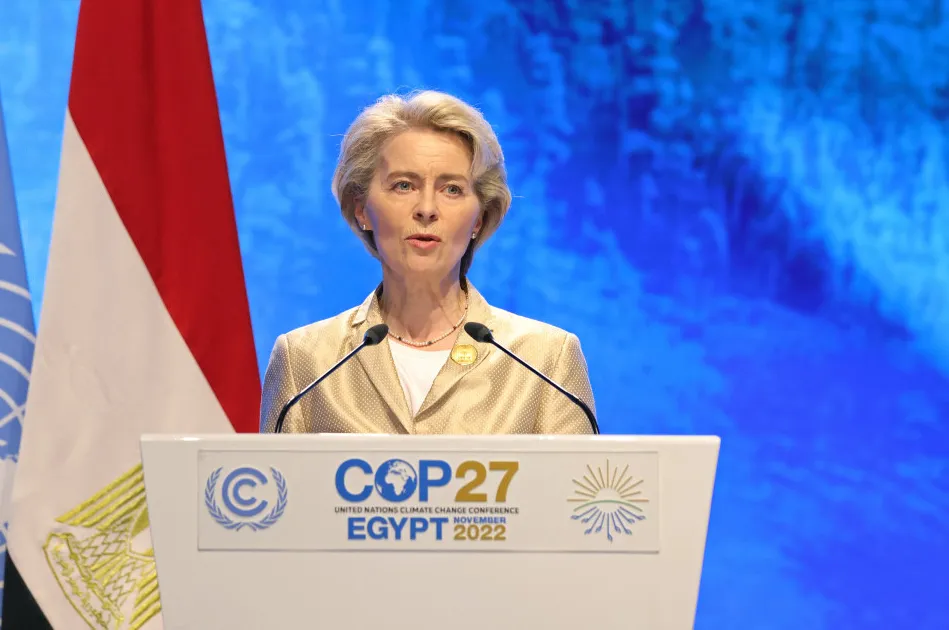EU to sign at least three green hydrogen deals at COP27 as it casts about for secure supply
Brussels sets wheels in motion for future deals with Egypt, Kazakhstan and Namibia but bakes in conditions on environmental standards and transparency

Brussels sets wheels in motion for future deals with Egypt, Kazakhstan and Namibia but bakes in conditions on environmental standards and transparency
